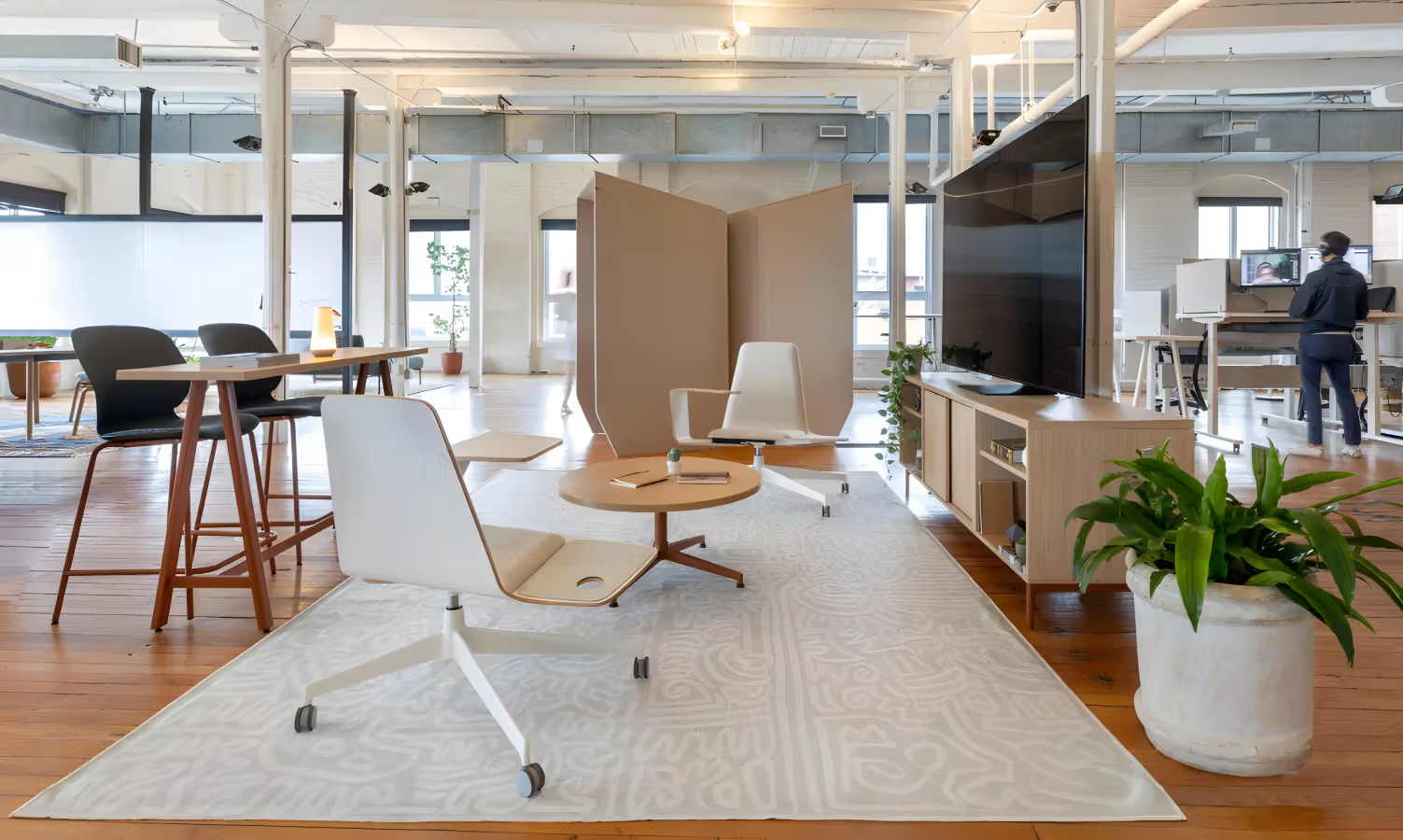
Hybrid Workplace Strategy for Businesses: Going Smarter in 2026 and Beyond
Last Update: 5 November, 2025•Read: 5 minutes
In the thriving business hub of Singapore, crafting a strong hybrid workplace strategy for businesses is no longer a luxury; it’s a strategic imperative. With evolving employee expectations, high real estate costs and a rapidly shifting work environment, Singapore‑based companies must think differently. Instead of simply downsizing office footprints, the more innovative approach is to go agile and location‑smart, and it's here that coworking solutions shine.
We are the US's No. 1 marketplace for serviced, coworking, and shared office space.
Get personalized recommendations, arrange tours, and secure the best deals — all at no cost.